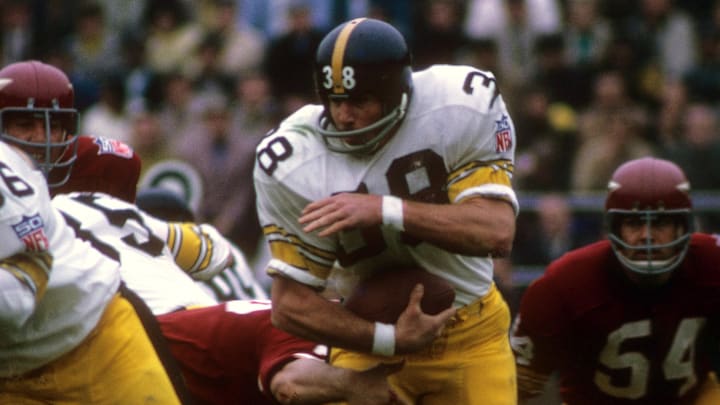It's hard to think of the history of the Pittsburgh Steelers without getting an instant visual of legendary head coaches and glimmering Super Bowl trophies. This franchise is tied with the New England Patriots for the most Super Bowl wins in NFL history, and they have the best record in the league since the AFL-NFL merger.
However, it wasn't always this way. Prior to the merger, fans had to be extremely patient with a team that routinely disappointed. In fact, Pittsburgh was downright as bad as imaginable at times. Thankfully, their sorrows didn't last and they were able to reshape their entire reputation.
This franchise stood the test of time despite some rather embarrassing stretches. Here are the five all-time worst teams in Pittsburgh Steelers history.
*All stats courtesy of Pro Football Reference.
5. 1939 Pirates (1-9-1)
There's probably a younger generation of Pittsburgh Steelers fans who don't even realize that the team was initially named the 'Pirates' by Art Rooney after the major league baseball team. The name change was for the better, as this would have caused a lot of confusion. The Pirates didn't make the playoffs at all in the 1930s, but they hit rock bottom in '39.
Nine losses in today's NFL might have you labeled as an average team, but that wasn't the case from 1933 to 1946 when teams only played an 11-game schedule. Way back in the 1939 season, the Steelers averaged just over 10 points per game while surrendering nearly 20 per contest to their opponents.
This resulted in a mid-season firing. Head coach Johnny Blood lost was relieved of his duties after an 0-3 start, but the 1-6-1 finish from Walt Kiesling wasn't much better. Kiesling would last three more seasons before the team would move on once again. With only 10 teams in the league at the time, Pittsburgh finished between 7th and 10th in every major statistical category.
